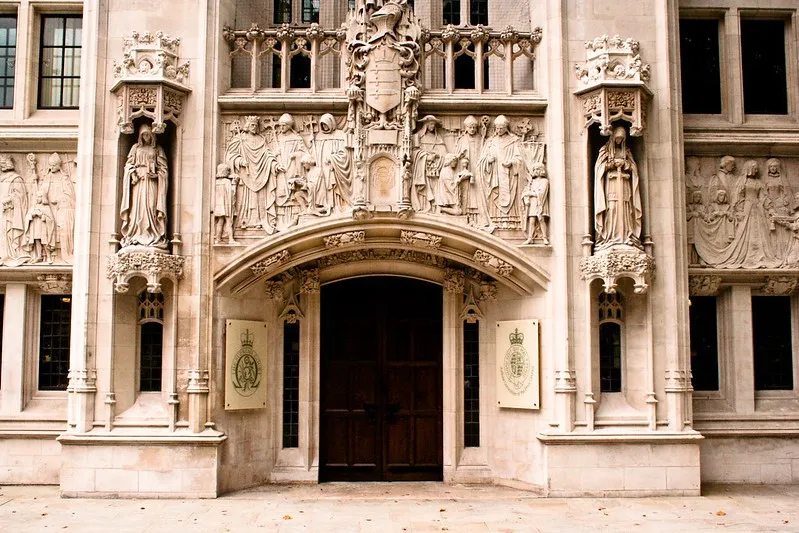
Four more bankers found guilty of rigging Libor interbank lending rates will appeal against their convictions following the victory of two traders at the Supreme Court this week.
Jay Merchant, Jonathan Mathew and Philippe Moryoussef, who all worked at Barclays, and Christian Bittar, a former star trader at Deutsche Bank, will appeal against their rate-rigging convictions, their law firm Hickman & Rose said.
“Following the Supreme Court’s landmark decision yesterday to quash the convictions of Tom Hayes and Carlo Palombo, all four of our clients now intend to appeal against their convictions,” said Hickman & Rose in a written statement.
Hayes and Palombo saw their convictions for working on a committee that manipulated Libor – the London Interbank Offered Rate – interest rates, which priced more than $350trn of loans and securities for lenders around the world, quashed on Wednesday.
The Supreme Court said Hayes received an unfair trial because directions by the court to the jury in his case a decade ago did not allow him to mount a complete defence, which was “legally inaccurate and unfair”.
Hayes maintained that the Libor rates he requested fell within a permissible range and that his conduct was common at the time and condoned by bosses.
He also argued that his conviction depended on a definition of Libor and Euribor which assumes there is an absolute legal bar on a bank’s commercial interests being taken into account when setting rates.
The original conviction of Hayes in 2015 at Southwark Crown Court led to Libor being scrapped as regulators moved to the Sonia — Sterling Overnight Index Average – benchmark set by a larger array of banks, which is used to set swap prices, and which in turn shapes mortgage rates.
Hayes was originally handed a 14-year prison sentence and served five-and-a-half years in prison after his sentence was reduced to 11 years on appeal. He was released in 2021.
Former Barclays trader Carlo Palombo, who received a four-year sentence for manipulating Euribor, another benchmark rate, also had his conviction overturned. Palombo was also released in 2021.
All four bankers represented by Hickman & Rose currently have convictions for rigging Libor or Euribor, another benchmark rate.
Bittar pleaded guilty in a London court in 2018, while Moryoussef was convicted in absentia after refusing to attend court and leaving for France.
The Serious Fraud Office, which prosecuted Hayes and Palombo and seven other bankers in the UK, said it would not seek a retrial.
In total, UK and US prosecutors held nine criminal trials in London and New York between 2015 and 2019, which secured 19 convictions.
Jonathan Fisher KC, a Barrister at Red Lion Chambers, outlined the difficulty of bringing complex financial cases to the criminal courts.
Fisher said: “The Supreme Court makes clear that the failure in this case stemmed from judicial error — specifically, the misdirection of the jury by treating as a matter of law something that is actually a matter of fact — but this does not exonerate the Serious Fraud Office completely.
“The Supreme Court criticised the Serious Fraud Office for not making clear the precise nature of its case from the outset.
“This highlights just how challenging it is to prosecute financial market fraud cases in the criminal courts.”



